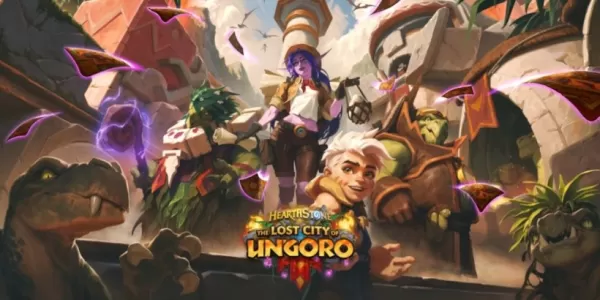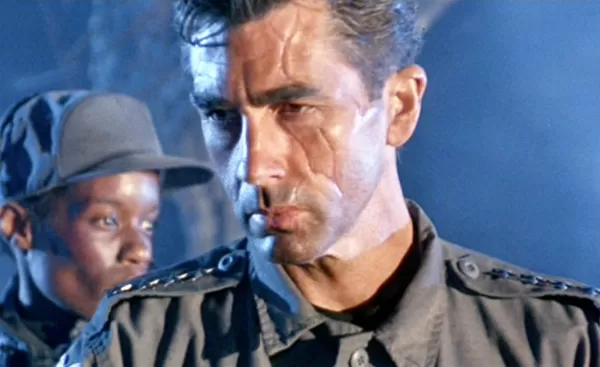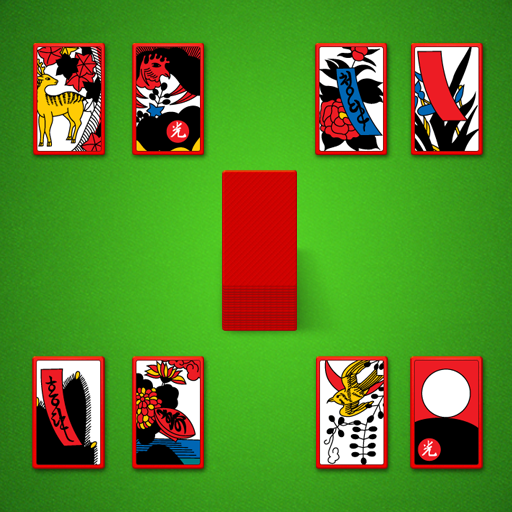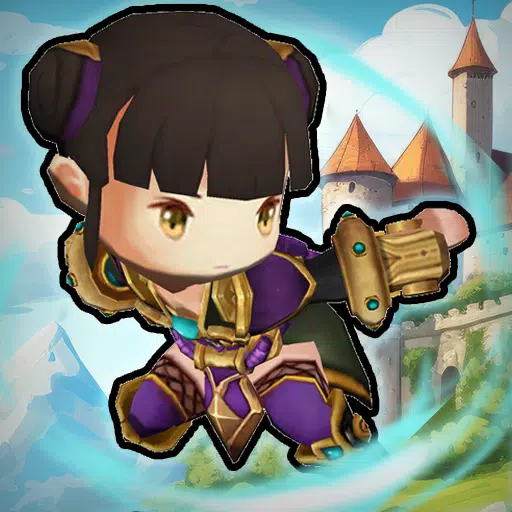 The Yakuza/Like a Dragon series, while expanding its appeal to younger and female players, remains committed to its core identity: middle-aged men experiencing life as middle-aged men.
The Yakuza/Like a Dragon series, while expanding its appeal to younger and female players, remains committed to its core identity: middle-aged men experiencing life as middle-aged men.
Like a Dragon Studio Prioritizes its Core Demographic: Middle-Aged Men
Staying True to the "Middle-Aged Guy" Experience
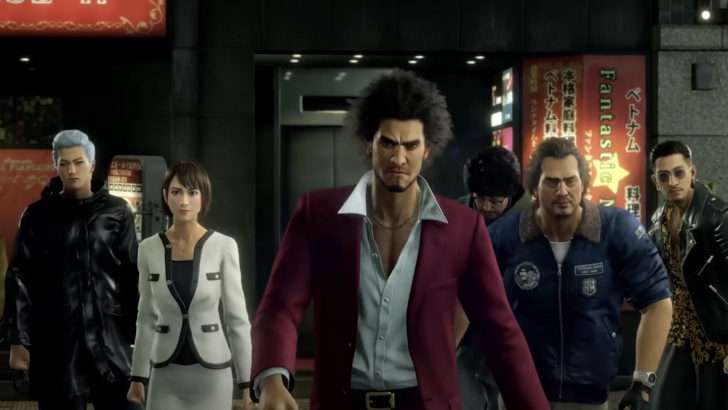 The Like a Dragon series, fronted by the endearing Ichiban Kasuga, enjoys a diverse and expanding fanbase. However, the developers have confirmed their intention to stay true to the series' original vision. In an interview with AUTOMATON, director Ryosuke Horii stated that while they appreciate the influx of new players, including women, they won't fundamentally alter the narrative to cater to this broader audience. The series' hallmark, according to Horii, is its focus on relatable experiences of middle-aged men, a perspective deeply rooted in the developers' own lives.
The Like a Dragon series, fronted by the endearing Ichiban Kasuga, enjoys a diverse and expanding fanbase. However, the developers have confirmed their intention to stay true to the series' original vision. In an interview with AUTOMATON, director Ryosuke Horii stated that while they appreciate the influx of new players, including women, they won't fundamentally alter the narrative to cater to this broader audience. The series' hallmark, according to Horii, is its focus on relatable experiences of middle-aged men, a perspective deeply rooted in the developers' own lives.
Horii and lead planner Hirotaka Chiba believe the series' authenticity stems from its depiction of everyday struggles and conversations relevant to middle-aged men – from Ichiban's Dragon Quest obsession to his complaints about back pain. This "humanity," they argue, is what makes the game unique and engaging. The characters' relatability, Horii adds, allows players to immerse themselves in the story.
 Series creator Toshihiro Nagoshi, in a 2016 Famitsu interview (reported by Siliconera), expressed surprise at the increase in female players (approximately 20% at the time). While welcoming this growth, he emphasized that the Yakuza series was fundamentally designed for a male audience and pledged to avoid compromising the series' core identity to cater solely to female players.
Series creator Toshihiro Nagoshi, in a 2016 Famitsu interview (reported by Siliconera), expressed surprise at the increase in female players (approximately 20% at the time). While welcoming this growth, he emphasized that the Yakuza series was fundamentally designed for a male audience and pledged to avoid compromising the series' core identity to cater solely to female players.
Concerns Regarding Female Representation
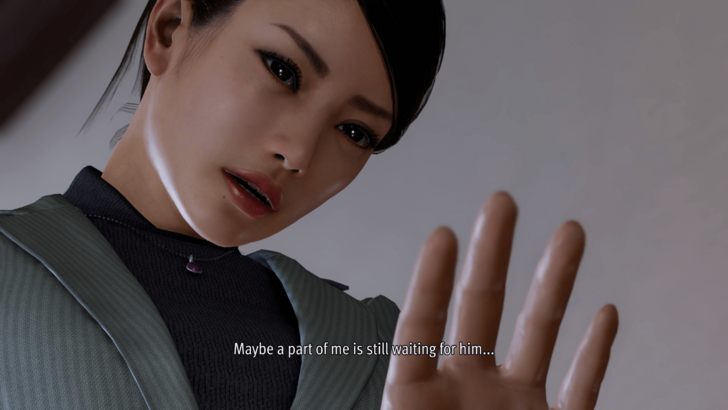 Despite its primary target audience, the series has faced criticism regarding its portrayal of women. Many players have voiced concerns about the prevalence of sexist tropes, with female characters often relegated to supporting roles or subjected to objectification. Online discussions highlight a lack of substantial female representation and the frequent use of suggestive or sexual remarks directed at female characters by male characters. The recurrence of the "damsel in distress" trope, exemplified by characters like Makoto (Yakuza 0), Yuri (Kiwami), and Lilly (Yakuza 4), further fuels these concerns.
Despite its primary target audience, the series has faced criticism regarding its portrayal of women. Many players have voiced concerns about the prevalence of sexist tropes, with female characters often relegated to supporting roles or subjected to objectification. Online discussions highlight a lack of substantial female representation and the frequent use of suggestive or sexual remarks directed at female characters by male characters. The recurrence of the "damsel in distress" trope, exemplified by characters like Makoto (Yakuza 0), Yuri (Kiwami), and Lilly (Yakuza 4), further fuels these concerns.
Chiba, in a lighthearted yet telling comment, mentions a scene in Like a Dragon: Infinite Wealth where a female-centric conversation is interrupted and redirected into a male-dominated discussion. This instance, he suggests, is indicative of the ongoing dynamic within the series.
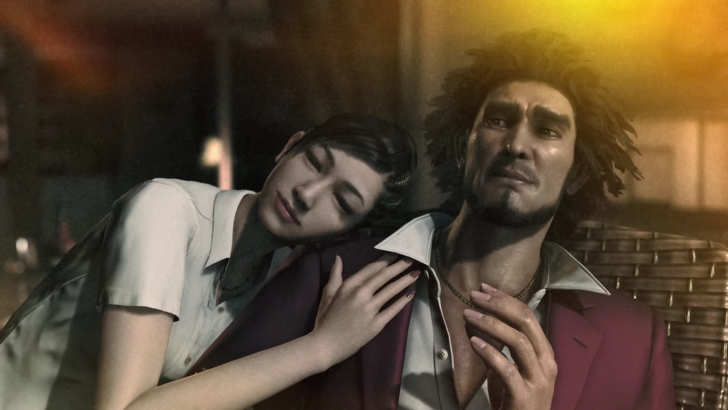 While the series has made progress in incorporating more progressive elements, occasional lapses into outdated sexist tropes remain. Despite these shortcomings, newer installments demonstrate a notable step forward, as evidenced by Game8's 92/100 review score for Like a Dragon: Infinite Wealth, praising the game for both honoring its legacy and charting a promising future. For a comprehensive analysis, read our full review.
While the series has made progress in incorporating more progressive elements, occasional lapses into outdated sexist tropes remain. Despite these shortcomings, newer installments demonstrate a notable step forward, as evidenced by Game8's 92/100 review score for Like a Dragon: Infinite Wealth, praising the game for both honoring its legacy and charting a promising future. For a comprehensive analysis, read our full review.


